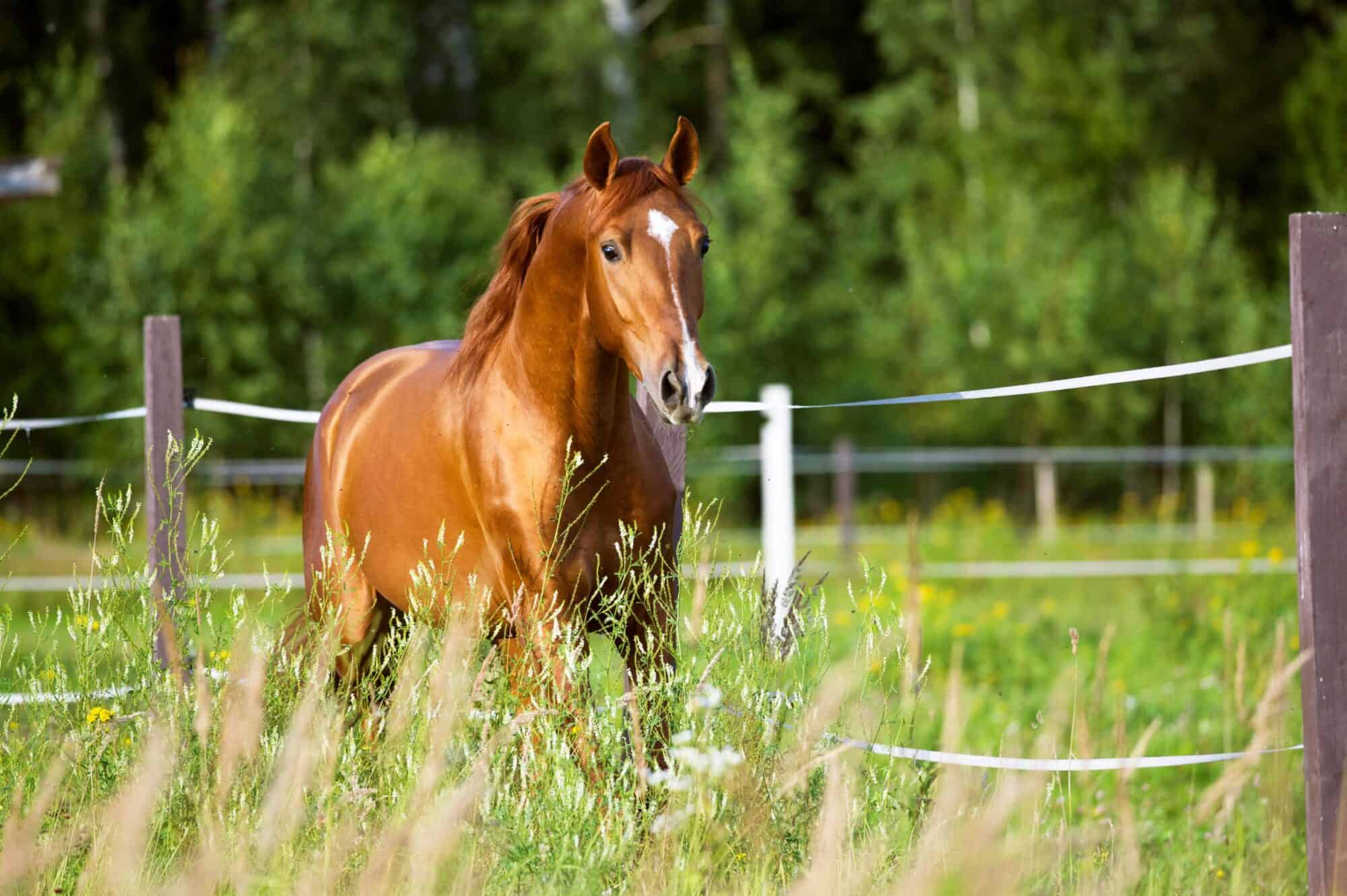Summer Safety Tips For Horses: Protecting Your Equine

Summer brings longer days, warmer weather, and, often, more time spent with our beloved horses. But along with the sunshine comes some unique challenges to equine health and well-being. Here at Woodside Equine Clinic, we want to help ensure your horse has a safe and enjoyable summer season.
Keeping Your Horse Cool and Hydrated: Avoiding Heat Stress
The hot summer months can pose a significant risk for horses, particularly those not acclimated to the heat or engaged in strenuous activity. Heat stress occurs when a horse’s body can’t eliminate heat fast enough, leading to a range of health concerns from dehydration and muscle cramps to organ damage. Signs of heat stress can include excessive sweating, lethargy, and even refusal to eat or drink.
Here’s how you can keep your horse cool and hydrated:
- Provide ample fresh, clean water at all times. Automatic waterers are a good option, but make sure they function properly and refill them regularly. Consider adding electrolytes to your horse’s water during hot weather to replenish lost minerals.
- Offer shade. Trees, run-in sheds, or shade sails can provide much-needed relief from the direct sun.
- Adjust exercise routines. Avoid riding or working your horse during the hottest part of the day. Early mornings or evenings are ideal for exercise sessions. If you must ride during the day, keep it light and offer frequent breaks in shaded areas.
- Monitor your horse closely. Watch for signs of heat stress, such as excessive sweating, heavy panting, lethargy, weakness, or incoordination. If you suspect heat stress, contact your veterinarian immediately.
Fireworks Anxiety: Helping Your Horse Cope
Fourth of July celebrations and other summer events often involve fireworks displays. While exciting for humans, these loud, unpredictable noises can terrify horses.
Here are some tips to help your horse cope with fireworks anxiety:
- Provide a safe space. During firework displays, create a safe haven for your horse in a familiar stall or enclosure that minimizes noise exposure.
- Mask loud sounds. Playing background music or white noise to help mask the sounds of fireworks.
- Use calming aids. Talk to your veterinarian about calming supplements or medications that might be appropriate for your horse during particularly noisy events.
Parasite Control: Keeping Pests at Bay
Summer is prime time for flies, mosquitoes, and other annoying pests that can torment your horse. These insects not only cause discomfort but can also transmit diseases.
- Regular deworming. Maintain a consistent deworming schedule recommended by your veterinarian to control internal parasites.
- Fly control measures. Use fly repellents, fly sheets, and fly traps to minimize the number of pests around your horse. Consider misting your horse with a fly spray before turnout.
Protecting Your Horse’s Skin from Sunburn
Lighter-colored horses, particularly those with pink skin around their noses or eyes, are more susceptible to sunburn.
- Sunscreen. Apply sunscreen containing zinc oxide to sensitive areas like the muzzle, nose, and around the eyes. Look for a product specifically designed for horses,
- Shade. As mentioned above, providing ample shade is crucial for overall comfort and helps prevent sunburn.
Woodside Equine Clinic: Your Partner in Equine Wellness
Following these summer safety tips and scheduling regular checkups with your veterinarian can help your horse stay healthy and enjoy a fun-filled summer season.
Woodside Equine Clinic offers comprehensive wellness plans with various service tiers to suit your horse’s needs. We also provide 24/7 emergency coverage and ambulatory services for your convenience. Schedule an appointment online or call our office today to discuss how we can help your horse thrive throughout the summer and year-round.
